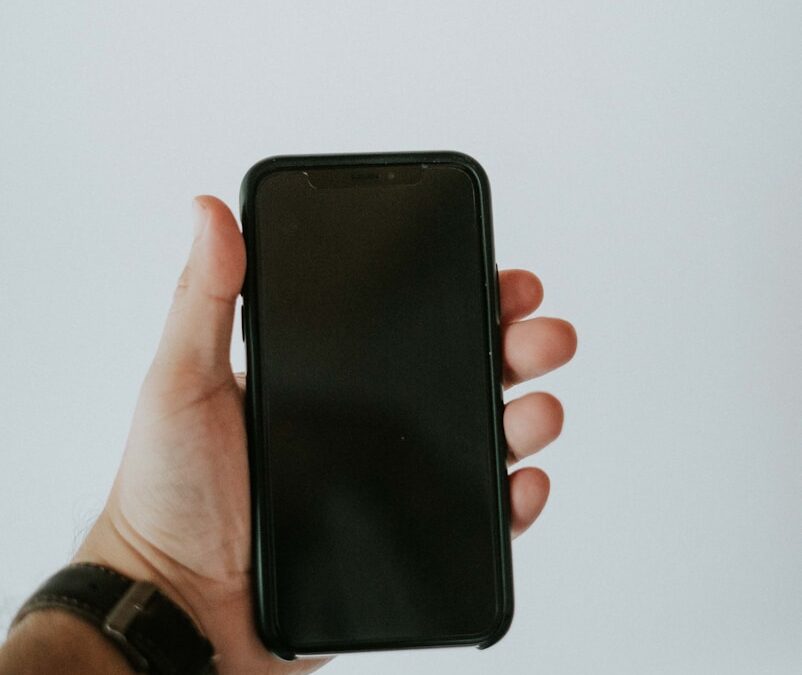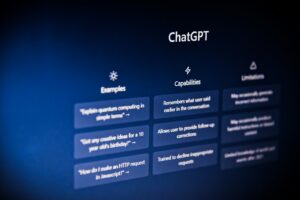The Importance of Consent Receipts in IoT Networks
Providing Users with a Record of Their Consent
Consent receipts in IoT networks play a vital role in maintaining transparency and building trust between users and service providers. As businesses in regions like Saudi Arabia, the UAE, and cities such as Riyadh and Dubai continue to integrate IoT devices into their operations, managing user consent in a secure and transparent manner is not only a legal requirement but also a strategic necessity.
Consent receipts are digital records provided to users when they consent to the collection, processing, or sharing of their personal data. These receipts detail the specific data collected, the purpose of its use, and the parties with whom the data may be shared. In IoT networks, where devices continuously collect vast amounts of data, consent receipts serve as an essential tool for ensuring that users remain informed and retain control over their personal information.
For instance, in a smart city initiative in Dubai, where IoT devices are used to monitor traffic patterns, energy consumption, and public safety, consent receipts can be issued to residents when their data is collected. These receipts provide transparency, detailing what data is being gathered and how it will be used, thereby fostering trust between the city administration and its citizens. This approach not only aligns with global data privacy regulations but also enhances public confidence in smart city technologies.
Best Practices for Managing Consent Receipts
Effectively managing consent receipts in IoT networks requires businesses to adopt best practices that prioritize user privacy while ensuring compliance with relevant data protection laws. These practices help organizations maintain a transparent relationship with their users, safeguarding both user trust and organizational integrity.
One of the most crucial best practices is to implement a user-friendly consent management system. This system should allow users to easily access their consent receipts, review the details of their consent, and make changes if necessary. For example, a healthcare provider in Riyadh utilizing IoT devices for patient monitoring can offer an online portal where patients can view their consent receipts, understand how their health data is being used, and withdraw consent if they choose. This level of transparency empowers users and ensures that their consent is always informed and voluntary.
Another important practice is regular audits and updates of consent management processes. IoT networks are dynamic, with data collection practices evolving over time. Organizations must regularly review their consent management systems to ensure they remain compliant with changing regulations and that users are informed of any updates. For instance, a retail chain in Saudi Arabia using IoT sensors to track customer behavior might periodically update its consent forms to reflect new data uses, issuing updated receipts to customers as part of their commitment to transparency.
Additionally, it is essential to adopt automated consent management tools that can handle the scale and complexity of IoT networks. These tools can automate the issuance, storage, and management of consent receipts, ensuring that every data transaction is properly documented and accessible to users. By automating these processes, businesses can reduce the risk of human error and ensure that consent receipts are consistently managed across all devices and data streams. In the UAE, where businesses are rapidly adopting IoT technologies, such automation can streamline compliance efforts and enhance user trust.
Strategic Benefits of Implementing Consent Receipts in IoT Networks
Building Trust and Compliance Through Transparency
Implementing consent receipts in IoT networks offers several strategic benefits that extend beyond regulatory compliance. One of the most significant advantages is the ability to build and maintain trust with users, which is essential for long-term business success, especially in markets like Saudi Arabia and the UAE.
When users receive clear and detailed consent receipts, they are more likely to trust the organizations that handle their data. This trust translates into stronger customer relationships, higher levels of engagement, and greater brand loyalty. For example, a telecommunications company in Dubai that transparently manages customer data through consent receipts can differentiate itself as a trusted provider, enhancing customer retention and attracting new clients who value privacy and transparency.
Moreover, consent receipts contribute to regulatory compliance by providing documented proof of user consent. This is particularly important in industries subject to strict data protection laws, such as healthcare, finance, and telecommunications. By maintaining a detailed record of user consents, businesses can demonstrate their commitment to privacy and easily respond to regulatory inquiries or audits. In Riyadh, where data protection regulations are becoming increasingly stringent, adopting consent receipts can help businesses avoid legal pitfalls and associated penalties.
Leadership and Strategic Implementation of Consent Management
Effective leadership is critical for the successful implementation of consent management strategies in IoT networks. In Saudi Arabia and the UAE, executive coaching services are increasingly focusing on equipping business leaders with the skills necessary to navigate the complex landscape of data privacy and IoT security. Leaders who understand the importance of consent management are better positioned to guide their organizations toward sustainable growth while maintaining compliance with data protection regulations.
Executive coaching programs often emphasize the need for a proactive approach to data privacy. This includes not only understanding the legal requirements but also recognizing the strategic value of transparency and user trust. By fostering a culture that prioritizes consent management, leaders can ensure that their organizations are prepared to handle the challenges of IoT data privacy. For instance, a coaching program might help a CEO in Riyadh develop a comprehensive consent management strategy that aligns with both regulatory demands and customer expectations, ensuring that the company remains competitive in a privacy-conscious market.
Additionally, executive coaching can provide leaders with the tools needed to effectively communicate the importance of consent management to their teams. This involves training and educating employees on the best practices for issuing and managing consent receipts, as well as fostering an organizational culture that values transparency and user privacy. In the UAE, where businesses are rapidly expanding their IoT capabilities, strong leadership in consent management can set the standard for industry practices and drive overall business success.
Future Trends: The Metaverse and Generative AI
The future of consent receipts in IoT networks is closely tied to emerging technologies such as the Metaverse and Generative AI. As these technologies evolve, they will introduce new challenges and opportunities for managing user consent in increasingly complex digital environments.
Generative AI, which involves the use of AI to create new content and solutions, can be leveraged to enhance consent management processes. For instance, AI-driven tools could automatically generate personalized consent receipts based on user preferences and behaviors, ensuring that consent forms are always relevant and understandable. In the context of smart cities, where IoT devices collect vast amounts of data, Generative AI can help streamline the consent process, making it more efficient and user-friendly.
The Metaverse, a virtual world where users interact with digital environments, also presents new considerations for consent management. As users engage in virtual spaces, they will generate data that must be protected and managed according to their consent. By integrating consent receipts into the Metaverse, businesses can ensure that users have control over their virtual identities and data. This approach not only protects user privacy but also enhances the overall user experience, fostering greater trust in digital platforms.
In conclusion, implementing consent receipts in IoT networks is essential for optimizing data privacy and achieving business success. By adopting advanced technologies, fostering strategic leadership, and exploring innovative solutions like Generative AI and the Metaverse, organizations in Saudi Arabia, the UAE, and beyond can enhance their operational efficiency, drive innovation, and achieve sustainable growth.
—
#IoTSecurity #ConsentReceipts #DataPrivacy #UserConsent #IoTNetworks #BestPractices #SaudiArabia #UAE #Riyadh #Dubai #ArtificialIntelligence #Blockchain #BusinessSuccess #LeadershipSkills #ManagementSkills #ProjectManagement













